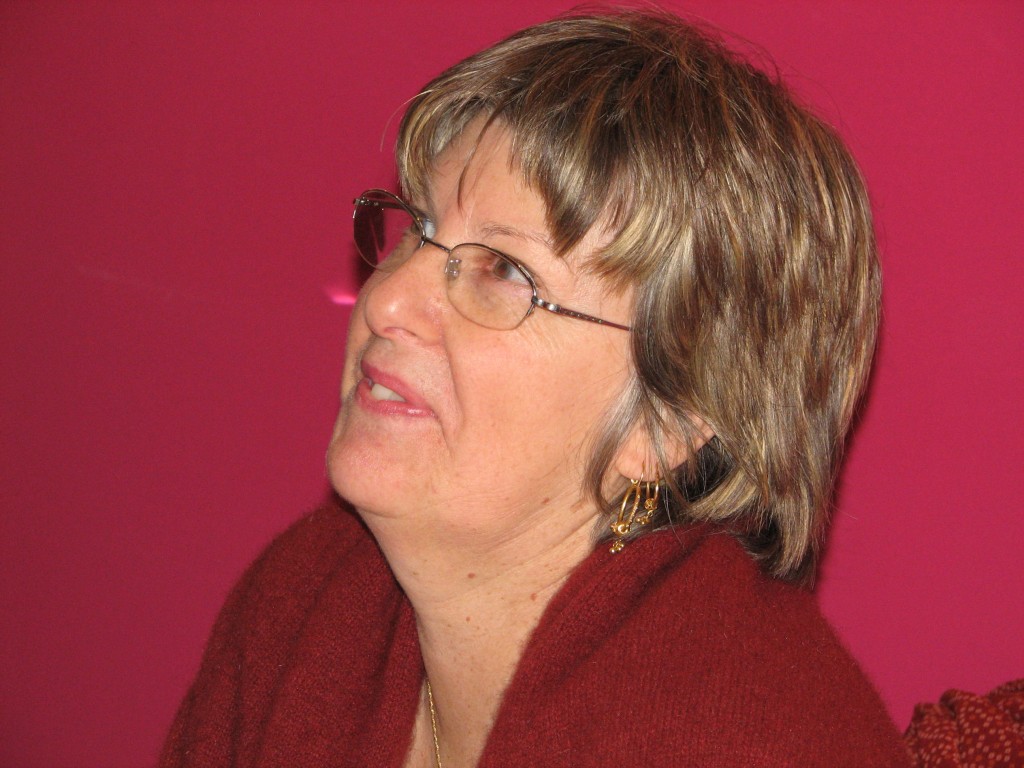Fiction #47 Leon
Leon wasn’t the sharpest chisel in the set, but he was my mate in primary school. His father farmed the property a mile down the road. Despite being so close Leon and I rarely played together out of school hours. I didn’t have a bike – in fact I didn’t have a bike until I was married with two children – and Dad never saw the need for me to have a bike. And Leon couldn’t come over to my place to play because he had so many responsibilities around the farm.
His father was so disorganised he needed Leon to tend to various animals on a daily basis, feeding and watering as required. He was expected to do the rounds of the animals from a very early age, starting before going to school each day and continuing after school.
They had about a dozen chooks that laid the odd egg or two for breakfast, a family of ducks that pooped all over the paths and lawns, four pigs being fattened for eating someday but never reached the slaughter house, three cows, a horse that no-one could remember the last time anyone had ridden him, and flock of almost wild geese that roamed the farmyard around the sheds and the adjoining paddocks like they were the sole owners of the entire countryside. No-one ever messed with those geese if they wanted to remain unscathed.
I was in the same classroom as Leon. In fact, all of the children of the district shared to same room in the one teacher school. We were also in the same class in Sunday School in the local – the only – church in the small mallee town where we grew up. Most of the community were Lutherans; the few who weren’t Lutheran worshipped nowhere as the distance to the next town was too great to travel to church. People weren’t as mobile in the 1950s as they are today.
On one infamous occasion the teacher’s wife, a wonderful woman who never said or even thought ill of anyone, came to a church service one Easter. Being of the Churches of Christ denomination she was not only astonished but somewhat offended when she was refused permission to receive Holy Communion in the Lutheran Church. That was probably a watershed event which led me to one day abandon my membership of the Lutheran Church.
Leon’s faith was as simple as mine was complicated. He simply believed in God and took to heart all the stories about Jesus and Noah and Samson without question. God was God and was to be obeyed and feared. My faith by way of complete contrast was a convoluted expression and awe inspired mixture of love and fear and amazement. God was indeed to be feared, but he was also, through the expression of his son Jesus, an amazing example of love, a God who desired love in return. Fifty years later Leon still has an uncomplicated faith while I still have a cocktail of faith elements swishing around in my mind. I might manage to work it all out – providing I live another thirty or forty years. I am a work in progress.
Leon was a truly laconic Australian boy. I think he was the one they had in mind when they invented the word. He spoke with a deep, drawn out drawl, never getting excited in thought or speech. He could lull you into slumber with a drawn out description of wrestling with a reluctant bull for an hour when trying to load him on to a truck. After every sentence or two he would throw back his head and laugh, the deepest laugh I can ever remember hearing; slow, deliberate and taking delight in the memory of his misfortune and seeing the funny side of everything. It was the laugh which kept you from nodding off during one of his recounts of farming life.
Student life and Leon never became close friends. He never made it to high school; he was needed as an unpaid farmhand from an early age. In fact, I believe he even had to regularly ask his father for money when he eventually married. Leon survived primary school as best he could. He barely learned to read and write, but then, farmers didn’t need those skills to succeed on the land in the 1960s. He never excelled at anything academic in complete contrast with my levels of success. I managed to set new levels of excellence in all subjects attempted during the examinations in my final year, records which still stand because the school closed its doors for good several years later when all the children were taken by bus to the nearest large town.
Our friendship was a strange one; opposites attract they say. Intellectually we were poles apart, spiritually we saw life quite differently, emotionally I was a see-saw while he was a solid rock and physically he was tall, strong and stocky while I was short, thin and weak. Yet there was a bond that drew us together, a bond usually only felt by close brothers.
I cannot explain it, yet it was real, tangible. And long lasting. Only last year we were at a funeral and met up again after many years apart. He took one look at my bulging waistline and commented in a way only Leon could, ‘Looks like you’ve been in a good paddock.’ Only a friend like Leon could get away with a statement like that and not offend me.
© 2015 Trevor W. Hampel
All rights reserved.
Notes:
- Although I have listed this piece of writing under fiction, some of it is true, based on a real life. Mine.
- This piece was originally written as a warm-up writing exercise.
- You can read more of my stories here.






